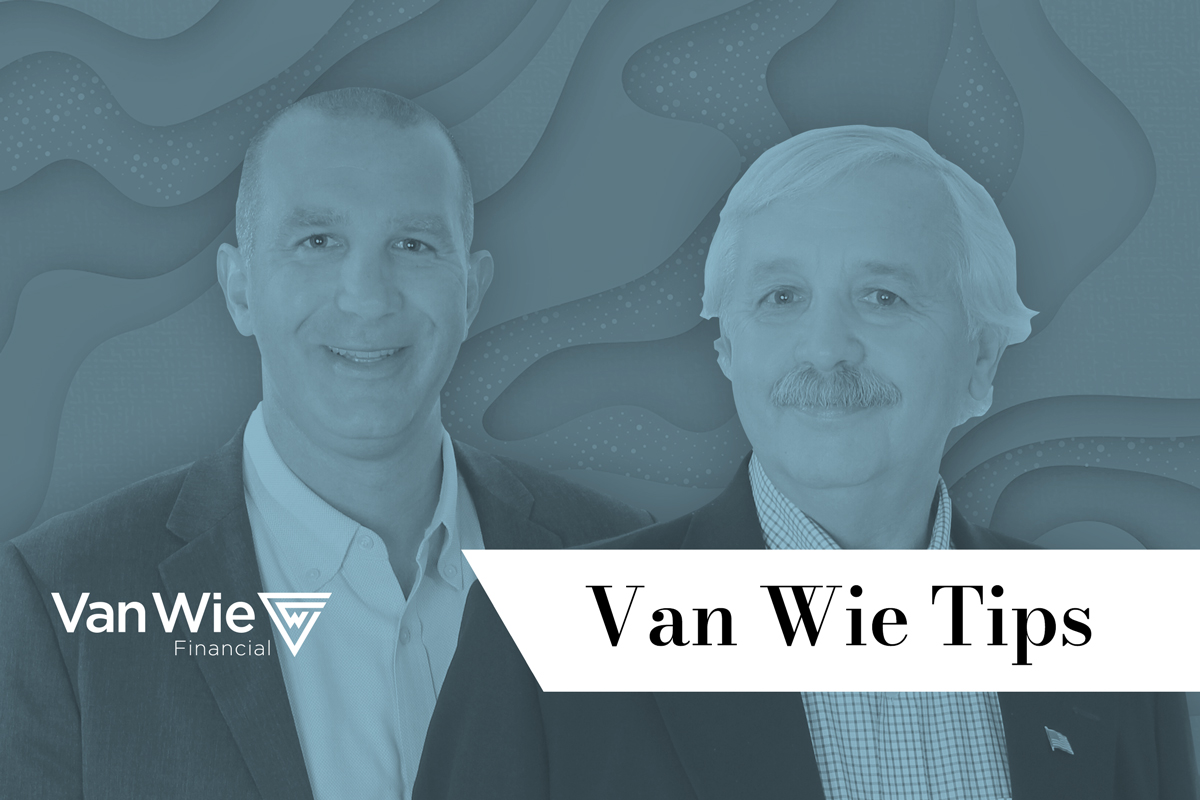What passes for financial advice is easy to find without paying a cent out of pocket at the time. Often it is not free, at least in the long run. Advice is a well-defined and regulated concept in the world of financial services. Between two laymen, the law doesn’t get in the way of dispensing suggestions, even when the term “advice” is used incorrectly by either party. In that regard, the information transmitted and received is free. Or is it?
Bad investment advice, when followed blindly, can result in significant costs to an investor. Losses may be direct or indirect, through what we call “opportunity costs.” Choosing one investment to the exclusion of another creates an either/or scenario, where the outcome reflects the quality of the advice taken.
How is anyone to evaluate competing advice? For starters, consider the many sources of “free” opportunities. Television commercials tout precious metals, radio ads promote double-digit returns from real estate, free seminars at local high-class eateries promote Living Trusts (while selling annuities), stockbrokers know the “hot stocks,” and insurance agents can show you how to “participate in market returns while never losing money.” And that nice guy at church has the most successful mutual funds ever. Websites promote tax-free lifetime income. If you need even more help, robinhood.com offers “meme stocks” that show meteoric rises, at least until they crash from lack of fundamental underlying value.
Looking “under the headlines” usually reveals a polished sales job, presented by marketing professionals seeking commissions from sales of products or newsletters. Whether or not their offerings are suitable to you is irrelevant, as they are not required to place your interests ahead of their own. Unregulated industries and providers pose a clear and present financial danger to an unsuspecting and unwary population.
Far too often, sales pitches are built around people’s basest instincts – fear and greed. Numerous studies have shown that Americans fear running out of money more than they fear death. Powerful emotions open up lucrative sales opportunities. In the absence of regulation and potential penalty, the door is open to unscrupulous sales pitches from unethical providers.
In the world of professional financial advising, true “advice” is offered by qualified professional advisors whose businesses require them to serve as fiduciaries. If you are in doubt about the person advising you, simply ask the question, “Are you a fiduciary?” There is only one correct answer, an unequivocal “yes.” And yes, we are fiduciaries.
Van Wie Financial is fee-only. For a reason.


